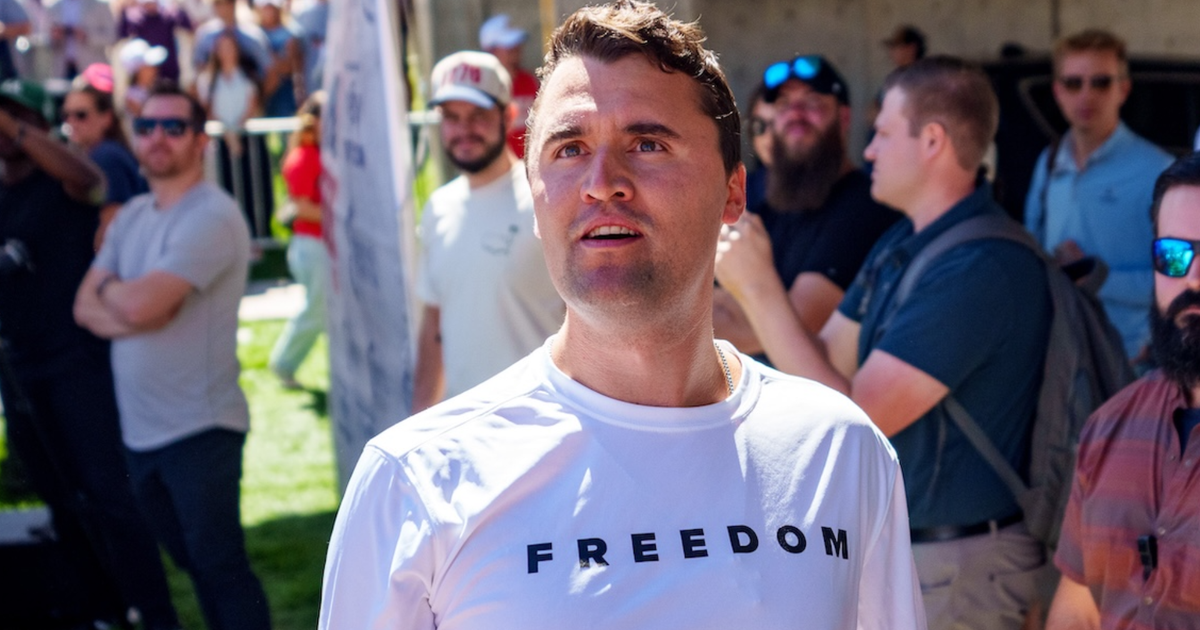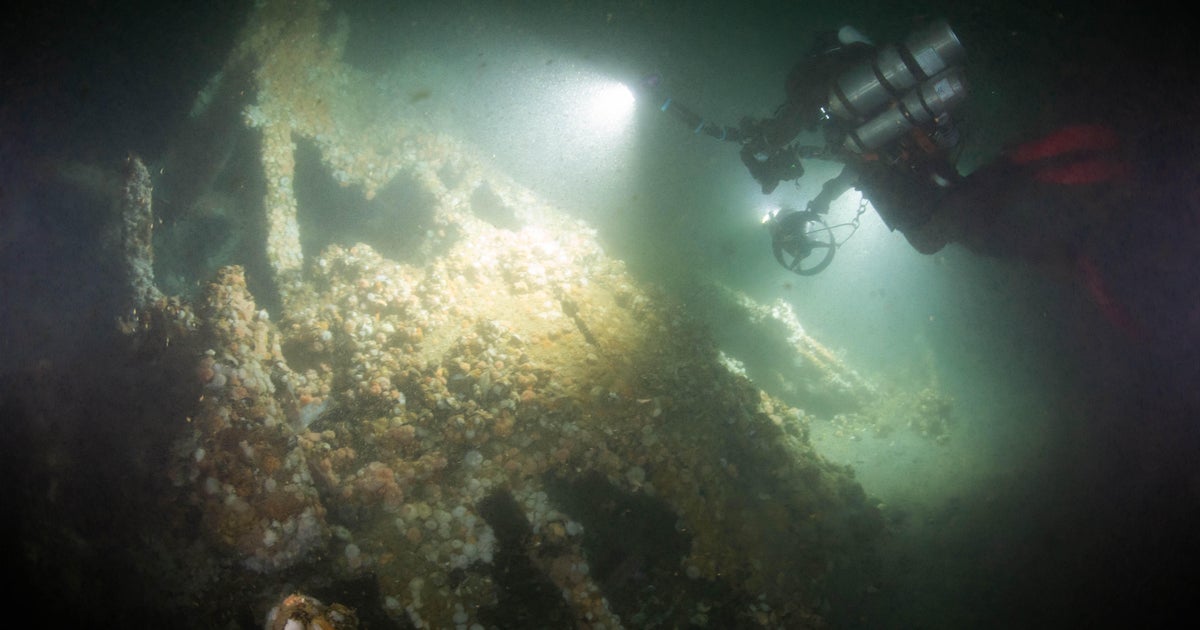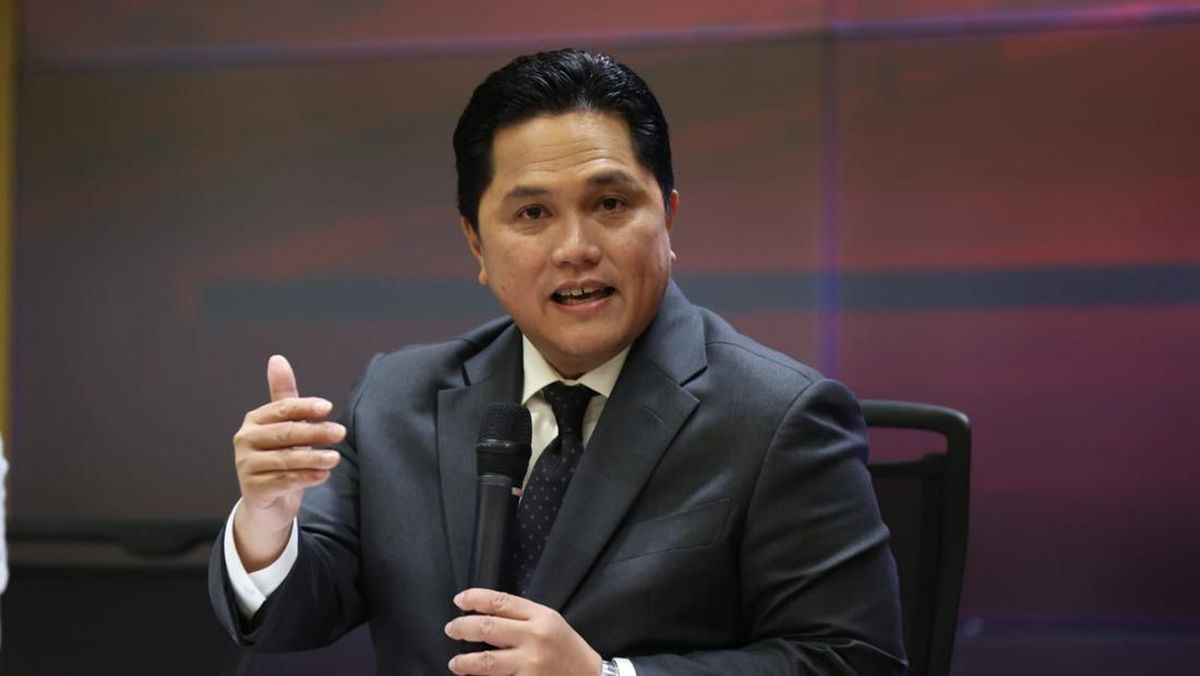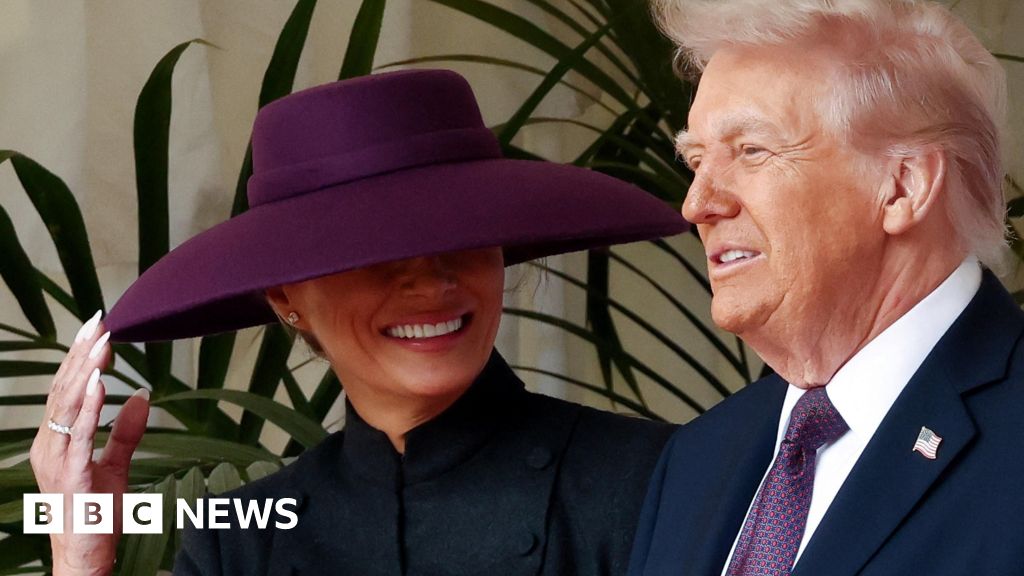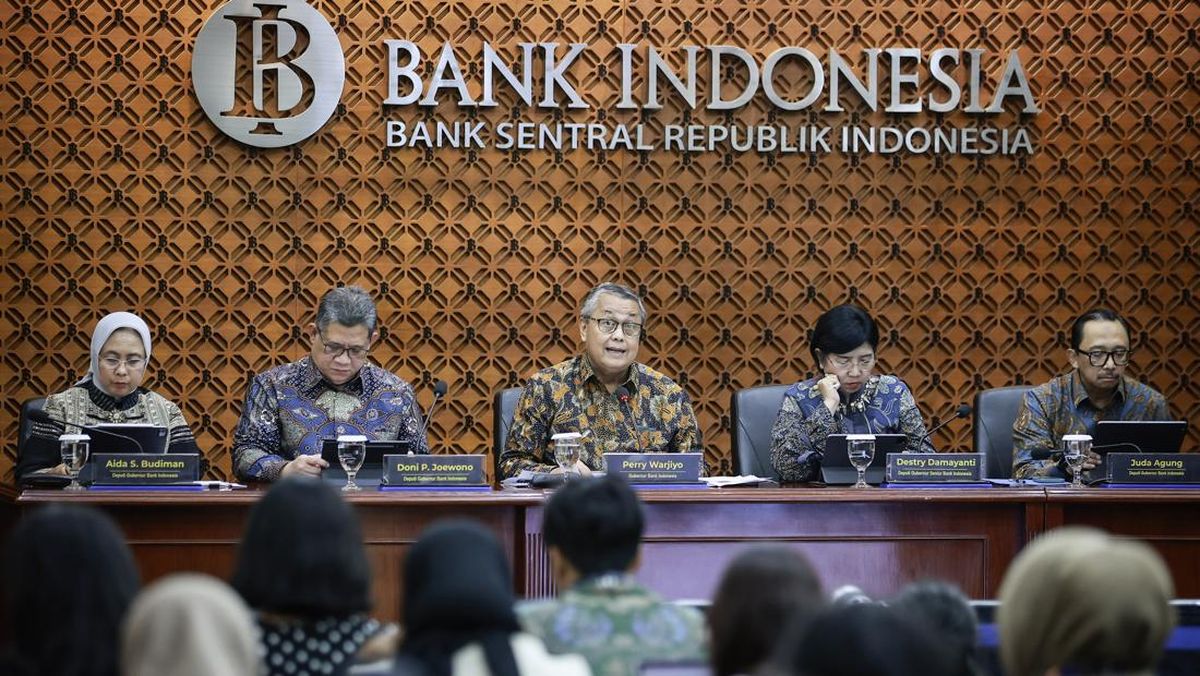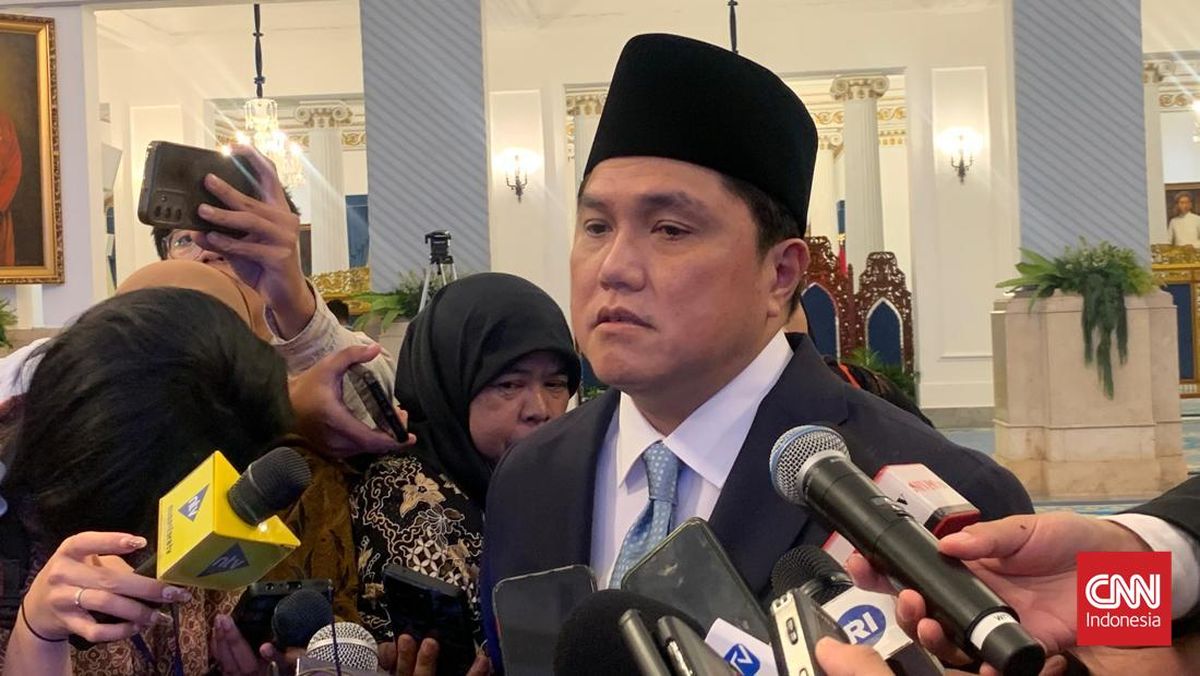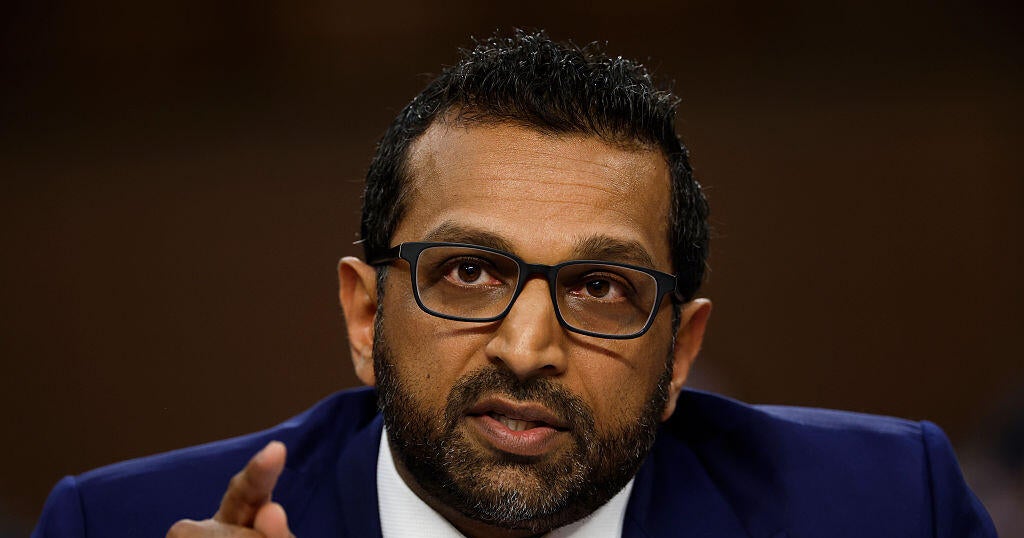Australia is facing the prospect of a Trump administration review demanding it pay more for submarines under the $368 billion AUKUS pact and guarantee the boats support the US in a conflict over Taiwan.
Sources familiar with the review by Trump’s Undersecretary of Defence, Elbridge Colby, believe he intends to urge major changes to the program before Australia can get the nuclear submarines it has been promised.

Anthony Albanese, Donald Trump and AUKUS. Credit: Nathan Perri
The review puts Anthony Albanese in a politically difficult position as the prime minister prepares to meet Chinese President Xi Jinping during a six-day trip to China next week.
But the Trump administration is not united behind Colby’s thinking, according to former aides, with foreign policy a major sticking point in the Republican Party.
The review from Colby, who works for the Pentagon and is sceptical of selling US submarines to Australia, blindsided Marco Rubio’s State Department when it was revealed in press reports last month. The State Department sent its diplomats a message: “We are not aware of a review of the AUKUS agreement”.
Interviews with three Australian sources with direct knowledge of the AUKUS review and American defence experts who worked on the submarine project believe the probe will recommend amending rather than scrapping the deal brokered by former leaders Joe Biden, Scott Morrison and Boris Johnson.
Two Australian officials said one option for Colby was seeking more money for the US submarine industry, which Australia is already contributing $4.7 billion towards.
Two other Australian sources, one in the political establishment and one in defence who have both spoken to Colby, said he believed Australia should give a public declaration or private guarantee that US-made nuclear submarines would be used in a possible conflict with China.
Colby is on record as saying the US is not building enough Virginia-class subs for its own needs, even before selling Australia a minimum of three from 2030.
It is not clear if Colby’s boss, Defence Secretary Pete Hegseth, or the broader White House support those ideas. The administration is split between isolationists, old school Republican globalists, and those who see China as the biggest threat, of which Colby is one.
Loading
The Pentagon last week moved to pause weapons deliveries to Ukraine at Colby’s urging, but Trump reversed the move just days later. Foreign policy chaos in the White House has made it difficult for Australian officials to gauge how much impact the undersecretary’s review will have.
One senior Australian official said Colby’s scepticism about selling submarines was not widespread.
“People are mistaking Colby as being the only driver of opinion in the US,” the source said, on condition of anonymity. “He’s an important voice but not the only voice. There are multiple views about AUKUS within the US administration.”
Jennifer Hendrixson White, a former US official who was lead negotiator for the AUKUS legislation in the Senate, also indicated Rubio’s department was caught off guard by Colby’s review, and said the State Department and Congress supported AUKUS.
She said leasing rather than selling the submarine was a subject of intense debate when the legislation was passed.

AUKUS sceptic: Elbridge Colby, US defence undersecretary.Credit: Bloomberg
“It’s reasonable to expect the new team will want to put their mark on the agreement, but I don’t expect they will jettison it entirely,” White said. “With this team, there’s always a desire to increase leverage and ‘get a better deal’.
“If I was in London or Canberra, I would count on increased defence spending being one of the things the Administration is looking for. They have made similar requests across the board with other allies and partners.”
Former Australian ambassador to the US Arthur Sinodinos suggested the White House was more supportive of the submarine deal than Colby. “There are indications that this is very much a Pentagon-initiated matter,” Sinodinos said.

Credit: Matt Golding
Reflecting the split within the Republican Party, veteran senator Mitch McConnell castigated “isolationists and restrainers” in Trump’s administration on Wednesday, saying they were weakening relations with allies.
“The self-indulgent policymaking of restrainers – from Ukraine to AUKUS – has so often required the president to clean up his staff’s messes,” McConnell said in a statement.
When Colby’s review was revealed on June 12, press reports suggested it would take 30 days, meaning it would conclude during Albanese’s trip to China. Australian officials believe the probe will take weeks or months longer.
Demanding Australian involvement in a flare-up over Taiwan – a self-governing democracy that China views as a wayward province – would limit Australian sovereignty. Experts believe a military confrontation over Taiwan has become more likely with Xi as China’s leader.
Albanese is beginning a six-day tour of China on Saturday during which he will hold his third meeting with Xi since coming to power. The prime minister delivered a speech on Saturday affirming support for the US alliance but signalling Australia would pursue its own interests first.
Albanese has deflected US calls for Australia to spend more on defence after NATO allies agreed to increase military spending in recent weeks.
Loading
Stephen Tankel, an official with the US National Security Council until January, said some in the US administration believed any submarines sold to Australia should be put under US operational command in the event of war.
“Otherwise the United States has built subs that are in the region but that it cannot use. Addressing this would be hard politically and in practice. It’s a very sensitive issue for Australia, understandably, and there was a lot of painstaking negotiation,” he said, adding that Australia may be asked to pay more for AUKUS given US concerns about lagging submarine production.
“Even if Australia came around, there would be a lot of complexity in how to implement such an agreement and whether it could be public given how both the Australian public and the PRC [People’s Republic of China] might view that arrangement.”
The US State Department declined to comment. The defence departments of both nations were contacted for comment. The prime minister’s office declined to comment.
Cut through the noise of federal politics with news, views and expert analysis. Subscribers can sign up to our weekly Inside Politics newsletter.
Most Viewed in Politics
Loading

